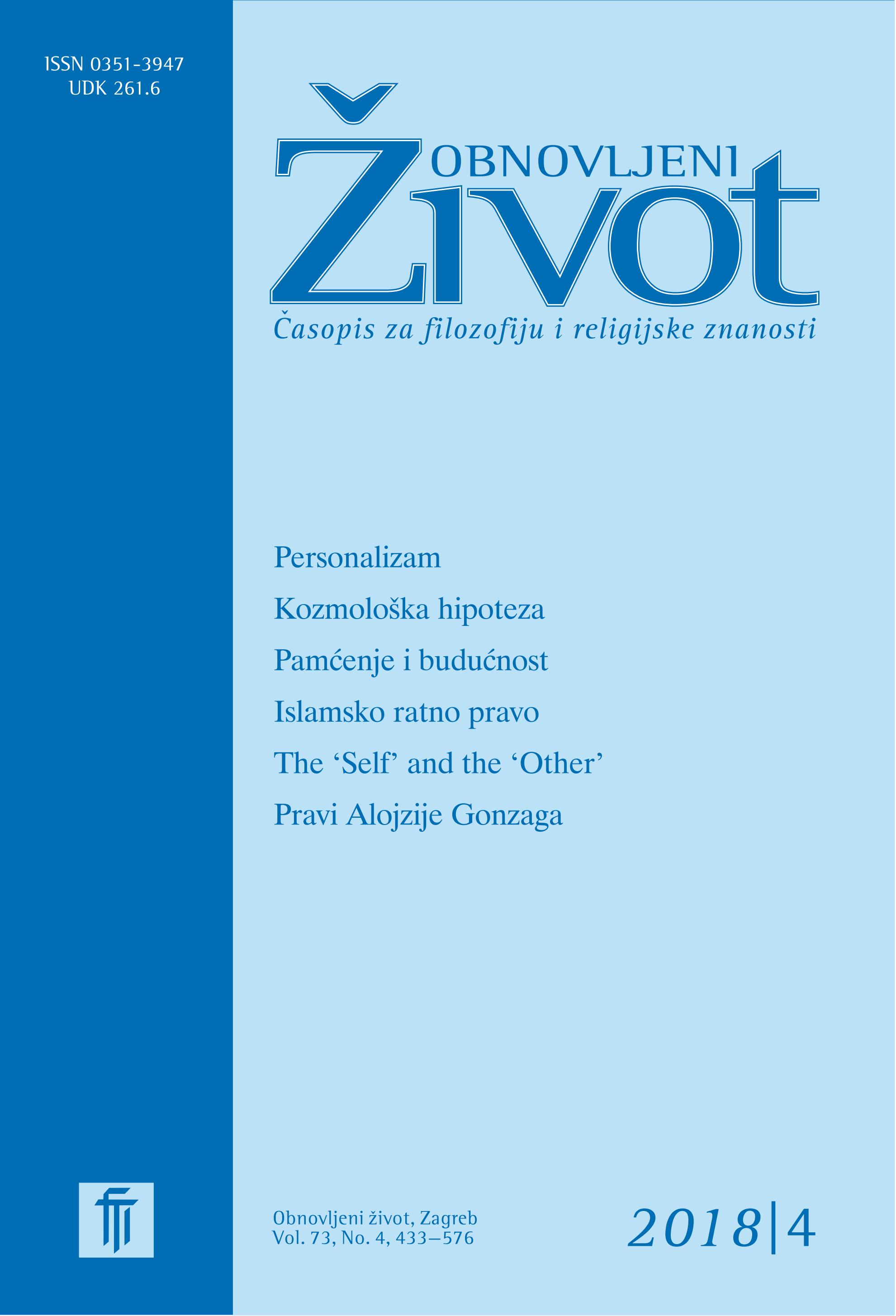The ‘Self’ and the ‘Other’ in Advaita Vedānta: A Moral Interpretation
Keywords:
Advaita, superimposition, enworlded subjectivity, Self, individual self, identity, differences, moralityAbstract
The paper examines the metaphysical and ethical approaches underlying the image of the self and the other in Advaita Vedānta (hereafter AV). AV examines the nature of the conceptual division between the self and the other, referred to by the terms ‘I’ (asmad) and ‘you’ (yuṣmad) respectively. Behind the mundane expressions of these terms AV identifies superimposition — adhyāsa as a metaphysical precursor, which generates a cognitive error in all such expressions where we use personal pronouns ‘I’ and attributes such as ‘fat’, ‘tall’ etc. thereupon. The position of AV is that the distinction between the self and the other is due to a cognitive error caused by superimposition. In other words, to see differences in reality is ignorance (avidyā). Moreover, if this ignorance is replaced by true knowledge, i.e., knowledge of reality as Advaita, i.e., Non–duality, we shall see the development of a different kind of understanding revealing the underlying unity of self and other. This knowledge of the underlying unity generates a different attitude which dissolves social problems such as socio–political inequality, hatred and violence, etc. grounded in the ‘self’–‘other’ distinction. Like any piece of knowledge, the knowledge of the realization of an underlying non–duality or advaita brings about an attitude change towards reality. In this case, the attitude of taking granted the distinction between ‘I’ and ‘you’ is changed to seeing non–duality in all individuals.
However, in principle, since AV advocates non–duality, it cannot meaningfully talk about morality or ethics, since ethics presupposes duality between ‘I’ and ‘you.’ So the challenge is to show that, according to AV, the non–duality of self and other is the source of morality. In addition, an ethics of active love is proposed which is congruent with AV’s metaphysical commitments. The ethics of active love develops when one gives up the idea of differences and identifies oneself with others. It is a well known fact that the root of most social evils is the discrimination between ‘I’ and ‘You’. Moreover, it is the ego (I) that creates a rift between one man and another, and as a result, society suffers from various problems such as violence, hatred, social discrimination and corruption, etc. The conception ofthe oneness of all beings advocated by AV creates a spirit of love and harmony among individual selves, and this love is the foundation stone of ethics or morality. Taking recourse to the AV’s exposition of the issue, a moral interpretation of the underlying unity of self and other is also intended. The aim of the paper is twofold: 1. To examine and present the metaphysical position of AV vis–à–vis the distinction between self and other. 2. To respond to the problem of the possibility of moral or ethical actions within AV metaphysics with a new kind of morality that is based on the identification of one’s self with others. In other words, an ethics based on and compatible with Advaita metaphysics.
Published
Issue
Section
License
Jednom prihvaćeni članak obvezuje autora da ga ne smije objaviti drugdje bez dozvole uredništva, a i tada samo uz bilješku da je objavljen prvi put u Obnovljenom životu. Uredništvo će obavijestiti autora o prihvaćanju ili neprihvaćanju članka za objavljivanje.
Članci objavljeni u časopisu se, uz prikladno navođenje izvora, smiju besplatno koristiti u obrazovne i druge nekomercijalne svrhe.


